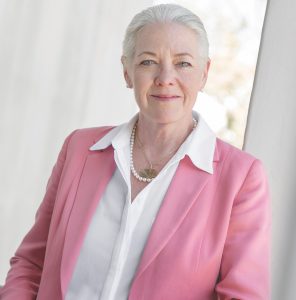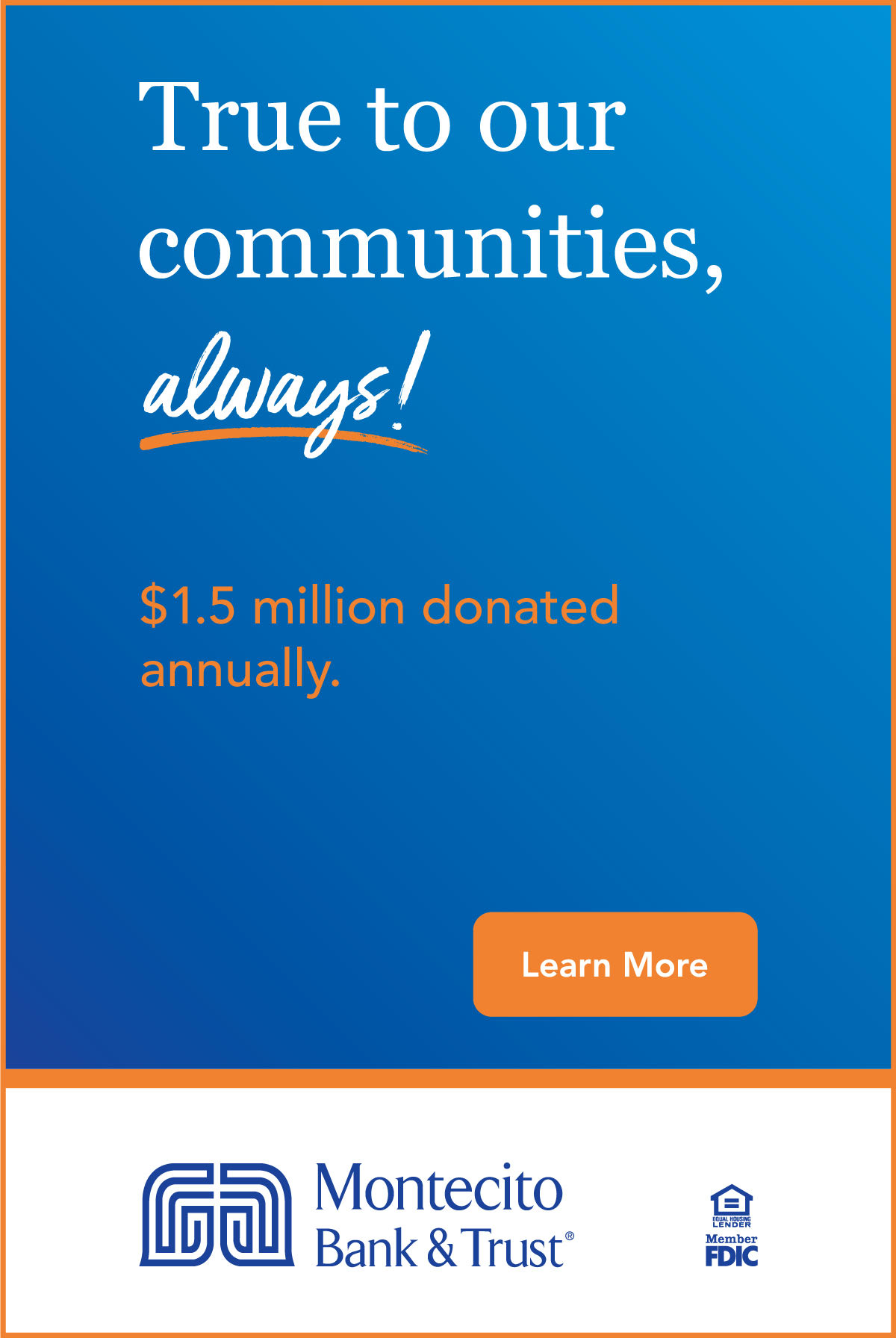Explore Ecology
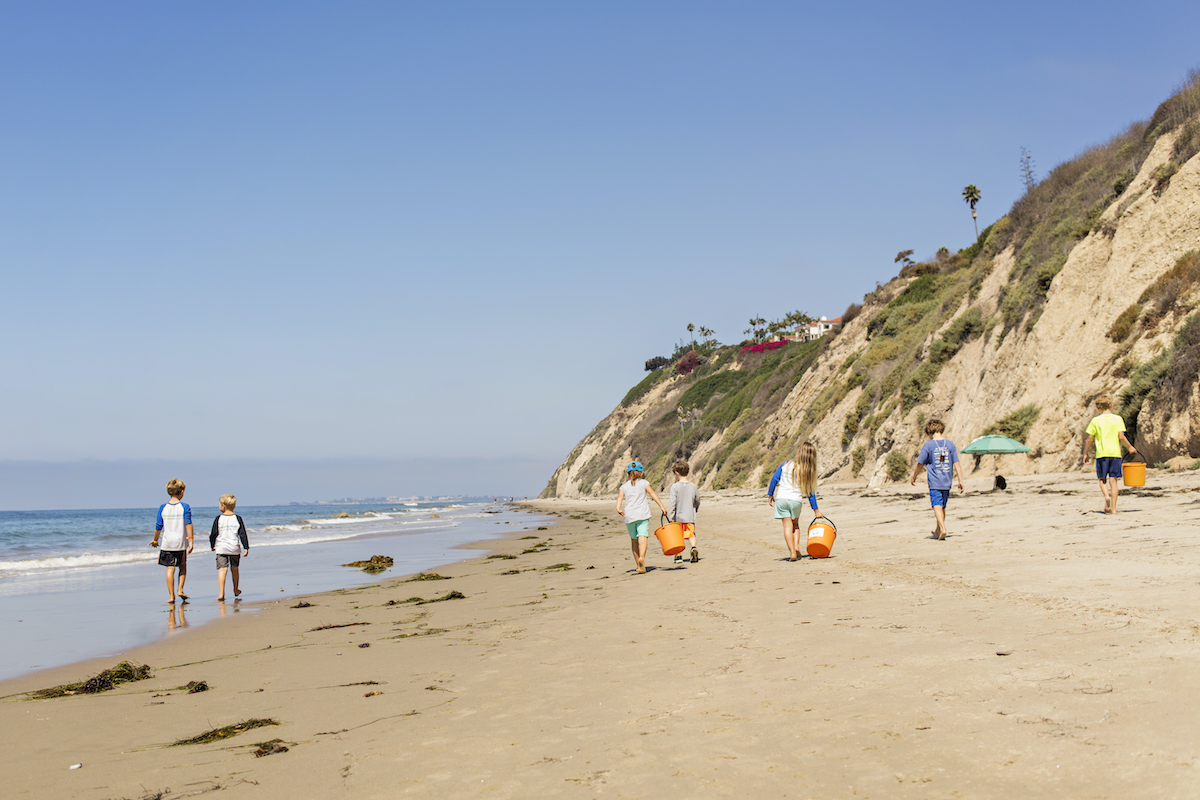
An impact report is normally more of an obligation or a chore for a nonprofit rather than something to brag about. But for Explore Ecology, publishing its 2023-2024 Impact Report – its first ever – was an especially exciting development.
That’s because it’s the first document to not only succinctly tie together the multiple programs under the organization’s umbrella, but also the most cohesive presentation of the number of different ways it’s succeeding in its mission to empower our community to protect and preserve the planet through innovative environmental education and nature-based learning.
“A lot of people think of us as one of our programs, which is great, but we have been growing a lot and there are now a multifaceted group of programs everyone should know about,” explained Jill Cloutier, Public Relations Director for Explore Ecology. “The report is super short and very visual – not at all boring. We’re super proud of it.”
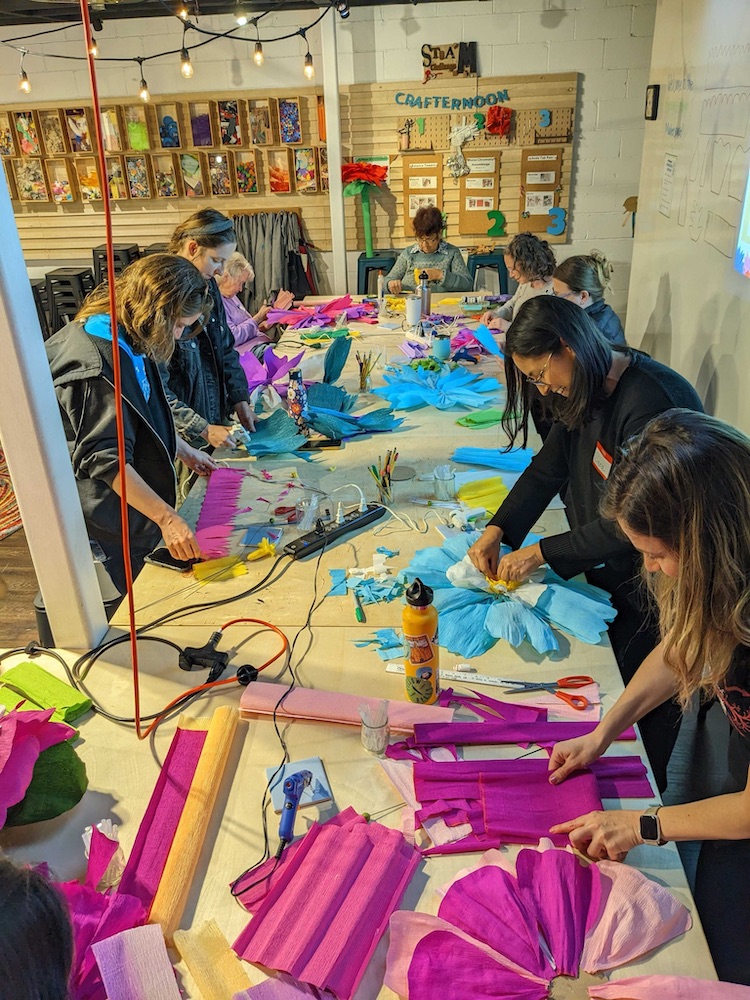
As well they should be.
For years, Explore Ecology went by the name of Art From Scrap, because that’s how the organization began back in the early 1990s. A few local families started collecting unwanted materials to store in their garages – materials that might otherwise be headed for the landfill – to reuse for art and other projects. That became a warehouse in Goleta and soon enough the downtown site now known as the Art From Scrap Creative Reuse Store, which continues to accept pre-approved donations of clean and safe reusable materials from businesses and individuals, eliminating disposal fees, reducing waste and helping to provide low-cost art supplies to the community. AFS might be all some people know about Explore Ecology.
But for a quarter-century, Explore Ecology has also run an enviable education program that now interacts with over 30,000 children each year at Art From Scrap, the Watershed Resource Center and in classrooms and school gardens throughout Santa Barbara County. The School Gardens portion itself is quite comprehensive, with the organization’s Garden Educators involved in spaces that serve as outdoor classrooms for science and ecology and also offer safe, inclusive areas for social-emotional learning, discovery, and connection. The program – which is on campus at 32 different elementary and junior high schools in the county – connects children to nature and teaches them how to grow their own organic food, including planting, cultivating, harvesting and nutrition.
“It’s so important because it provides children with outdoor time during the school day, so they’re not just sitting indoors reading about food, but getting to experience firsthand about gardening,” Cloutier said. “They’re learning how to grow organic food in a really healthy way, experiencing a closed-loop system that is essential. They gather garden debris, put it in the worm bin to feed them, then take the compost from the worm bin and use it in the garden to help the plants. They get their own hands involved in the cycles of life in the garden.”
Teachers also use the gardens for classes in English, math, science and more, both for the outdoor time and the opportunity to have real-life examples.
The non-garden part of the education program has similar reach, as Explore Ecology has connected with more than 12,000 students who learned about their environment in nearly 600 class presentations, with more than 3,500 kids participating in 165 field trips at Art From Scrap, the Watershed Resource Center, and Tajiguas Landfill.
At the landfill, they see with their own eyes where trash goes, which can be very impactful, Cloutier said, while the trips to Arroyo Burro Beach lets them learn all about healthy watersheds and participate in a beach cleanup.
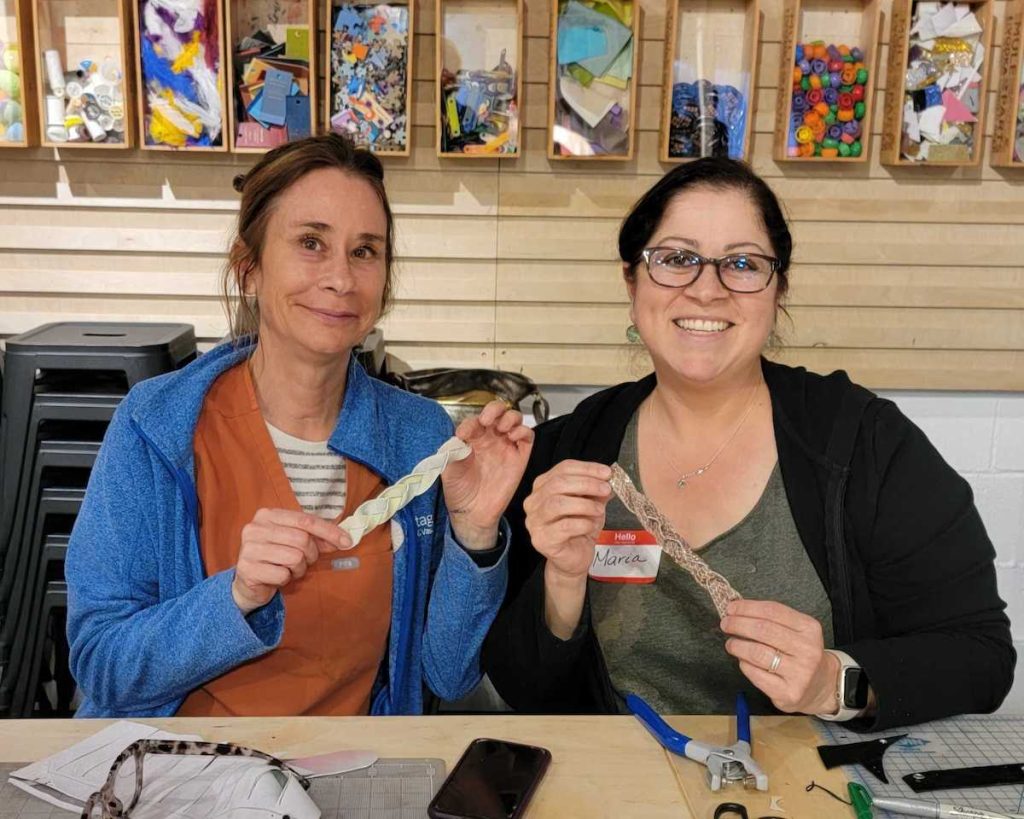
“That’s part of what makes Explore Ecology different,” she said. “We invite people to participate in making a positive difference with the environment in many ways. It can be depressing to learn about all these environmental challenges, but we stress what we can do right now. That’s why at the beach cleanups, we count all the trash they find and then we weigh it, and they leave there knowing just how they made a difference.”
Cloutier is especially inspired when the kids come up with their own methods, such as the so-called Kale King who took one bite at a school garden, fell in love with the leafy vegetable, and now has made it a staple of his family’s diet.
Another case in point? Kids who notice a dog owner failing to pick up poop from their pet or leaving behind the bag on the beach.
“We have had kindergartners walk right up to people who do that and ask, ‘Are you going to take that with you?’” Cloutier said. “Of course, the person gets embarrassed and picks up the bag and takes it with them.”
Explore Ecology also manages the massive Coastal Cleanup Day for the county, in which adults and kids get together to comb area beaches for trash and other non-natural detritus.
Want to know more and help out? Drop in to the AFS Create Reuse Store, register for Crafternoons and art workshops in the new EE Makerspace upstairs, volunteer for Coast Cleanup or school garden workday, make a donation in any amount – or simply peruse the organization’s clear and colorful new impact report to see what strikes your fancy.
“It’s all related to educating our community about how they can participate in earth regeneration and connect with nature, what they can do, what steps they can take to make a positive change,” Cloutier said. “And it’s fun.”
Explore Ecology
www.exploreecology.org
(805) 884-0459 ext. 4
Executive Director: Lindsay Johnson
Mission
The mission of Explore Ecology is to promote a greater understanding of the connections between people and their environment and to encourage creative thinking through hands-on environmental education and artistic expression. We empower our community to protect and preserve the environment through environmental education and creative exploration.
Begin to Build a Relationship
We know you care about where your money goes and how it is used. Connect with this organization’s leadership in order to begin to build this important relationship. Your email will be sent directly to this organization’s director of development and/or Executive Director.
What sets Explore Ecology apart is its dedication to hands-on participation. Students see presentations and read about the environment. With our programs, they’re actually going to the beach to learn about watersheds, or creating art with reuse materials, or checking on a plant that they grew. That’s what gets them super excited and engaged.
Help Plant the Seeds of Change
$50 – Cultivate Young Minds: Provide a year of school garden education for one child.
$250 – Fuel Field Trips: Sponsor a school bus for 60 students to take an Explore Ecology field trip and explore the wonders of nature firsthand.
$500 – Nurture Creativity: Fund five local artists to teach Makerspace art workshops.
$1,000 – Clean Our Coast: Sponsor a beach cleanup event, making our beaches safer and cleaner.
$2,500 – Equip Our Educators: Help purchase education materials for the Watershed Resource Center where students and the public learn about keeping our water clean!
Key Supporters
American Riviera Bank
Audacious Foundation
Brighten Solar
Coastal Fund at UCSB
Deckers Brands
Garden Club of Santa Barbara
Johnson Ohana Foundation
McGowan Guntermann
Mission Wealth
Montecito Bank & Trust
Natalie Orfalea Foundation
Rotary Club of Santa Barbara
Sunrise Charitable Foundation
Santa Barbara City College
Foundation
Santa Barbara Foundation
Santa Ynez Band
of Chumash Indians
Michel Saint-Sulpice
Teachers’ Fund
Village Properties
The Miller Family Fund
Tisha Weber Ford
Towbes Foundation
Laura and Geof Wyatt
Yardi Systems
